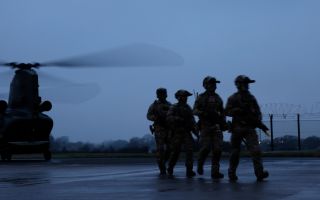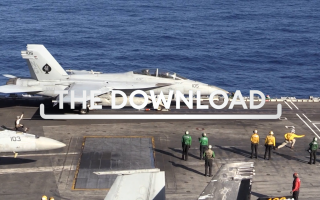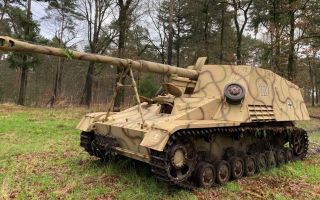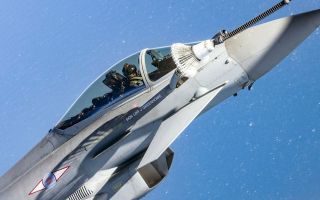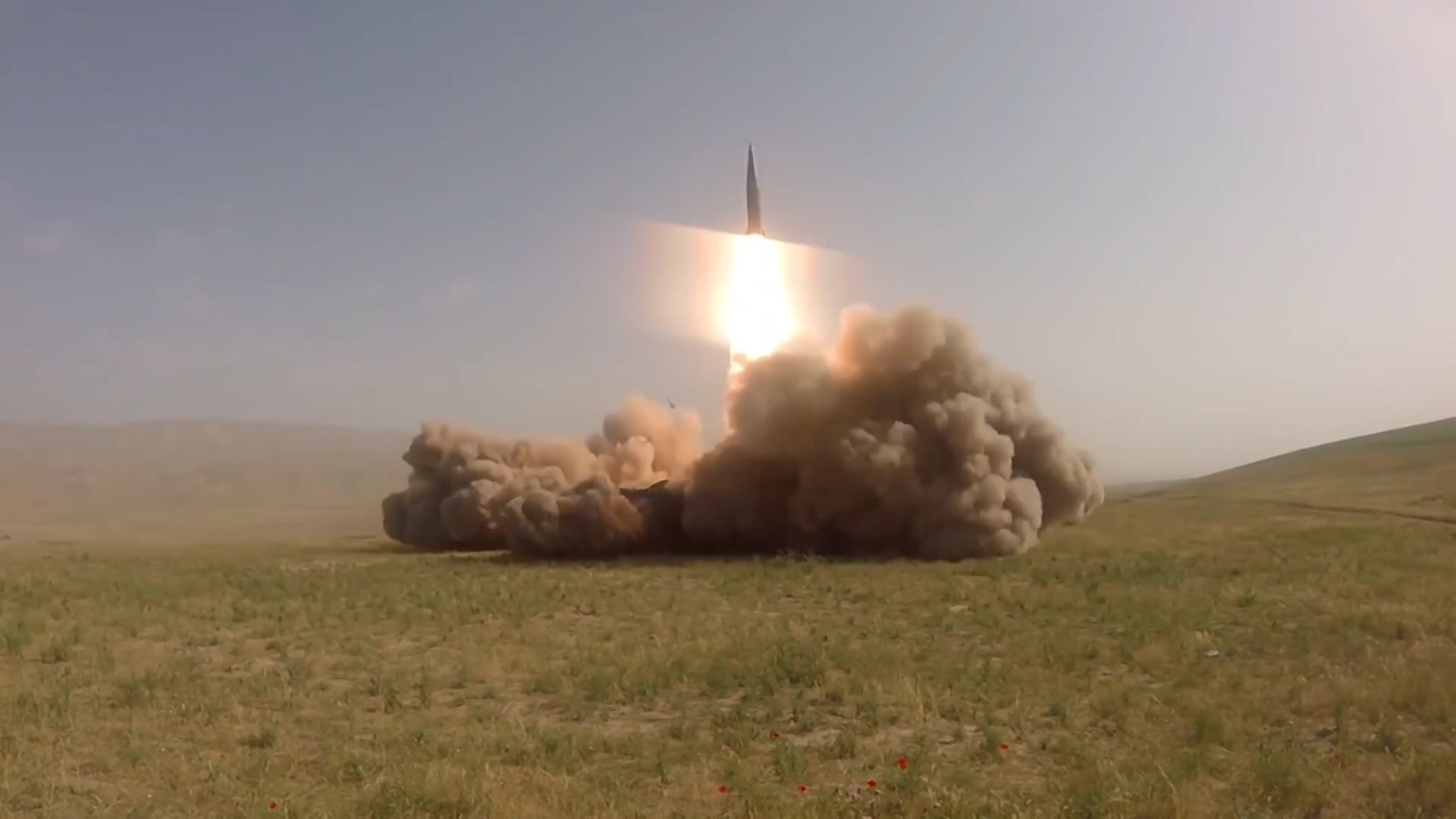
Russian defence industry disrupted and exports in decline as sanctions bite, says MOD

Sanctions are believed to be causing a significant decline in Russia's arms exports and increasing delays to deliveries, with the production of advanced and complex weapons systems being hit hardest.
In its latest defence intelligence update, the Ministry of Defence said those systems "almost certainly" have more of a reliance on foreign components and technology.
In contrast, Moscow has been increasing production of key munitions used by its own forces on the frontline in Ukraine, such as artillery shells.
- Starstreak manufacturer Thales sees weapons production double due to Ukraine
- 'Significant milestone' as Ukraine hits two Russian warships with air strikes on Crimea
- UK to deliver more than 10,000 drones as part of £325m package for Ukraine
Russia's isolationism limits the number of countries it can directly trade with, which likely increases time and costs of acquiring items it could once purchase freely, the MOD added.
Research by the Bank of Finland Institute for Emerging Economies suggests third party countries are charging price premiums of more than 60% for exports of particular goods and products to Moscow.
And the Stockholm International Peace Research Institute said Russia's share of the global arms trade had fallen to 11% from 2019 to 2023, compared to 21% between 2014 and 2018.
Meanwhile, production at Thales UK's weapons plant has doubled and is set to double again, following the war in Ukraine.
The Northern Ireland-based company designs and produces the Starstreak air defence and Lightweight Multirole Missile systems as well as the final assembly of the Saab-designed NLAW anti-armour system - which are all being used to help defend Ukraine.
It has also been training UK and Ukrainian soldiers in the south of England.

